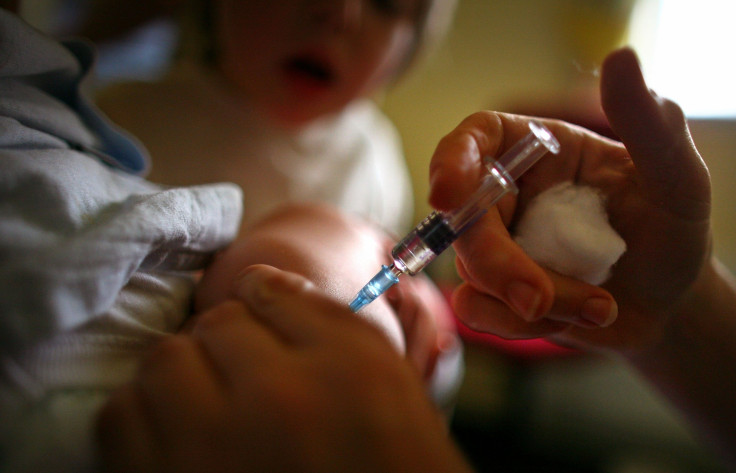What Is Rotavirus? Symptoms And What To Know After Anti-Vaxxer Mom Changes Mind

Rotavirus is a highly contagious virus that causes diarrhea, accompanied by fever and vomiting. While the condition also affects adults, it is most common in children under five years of age. Most children in the United States had at least one face-off with rotavirus by this age, before a vaccine was developed.
The infection usually starts within less than two days of exposure to the virus. The most common symptoms are fever and vomiting, which are usually followed by three to seven days of diarrhea. Abdominal pain is another symptom. All this can cause dehydration, if not treated in time, which can also lead to life-threatening situations in severe cases.
Vaccination can help prevent rotavirus infection in infants and the Centers for Disease Control and Prevention (CDC) recommends that babies get the rotavirus vaccine starting at around two months of age in two or three doses.
Before the rotavirus vaccine was available, almost 55,000 to 70,000 young children were hospitalized each year because of the virus. Of these, 20 to 60 died annually from the illness, CDC data shows. With the development of the vaccine, however, the CDC says, “almost all babies who get rotavirus vaccine will be protected from severe rotavirus diarrhea.”
Some people underplay the importance of vaccination, exposing their children to severe health risks. In an interview with ABC News, Kristen O’Meara — a mom of three — said she decided not to vaccinate her kids after coming across information on the internet that showed that vaccines are harmful.
However, all three of her daughters were infected with rotavirus, causing severe diarrhea and stomach cramps.
“It was awful and it didn't have to happen because I could have had them vaccinated,” she told ABC News. “I felt guilty. I felt really guilty.”
“The guilt was overwhelming,” she added. “But I thanked my lucky stars that they were neither newborn babies nor medically fragile, the type of children rotavirus can snatch from this world in a heartbeat.”
O’Meara said she now hopes to change this aversion to the vaccine maintained by a number of parents: “I'm here because I wanted to share my personal story. And if it does help someone change their mind, then that's great.”



























